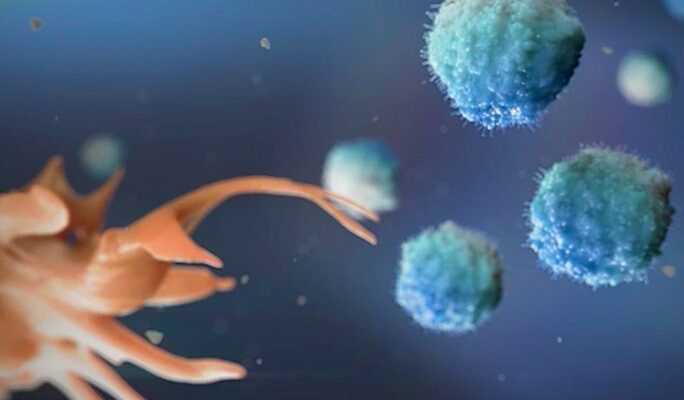The Food & Drug Administration, a US health authority, has lifted the notice of suspension of clinical trials for biotech, which had plunged Cellectis into the stock market in October.

The way is clear for Allogene, partner of Cellectis, in the United States | Photo credits: trangêne
Green light for Allogene, a licensed partner of Cellectis, in the United States. The health authority, the Food & Drug Administration (FDA), has lifted the notice of suspension of clinical trials for biotech, which now plans to continue its work and initiate a phase 2 study for its lymphoma treatment. large B cells.
On October 7, the FDA suspended the five Allogene clinical trials following the report of a chromosomal abnormality detected in the CAR + T ALLO-501A cells of a single patient included in the ALPHA2 clinical trial promoted by Allogene . This caused the Cellectis share to fall sharply during the Friday October 8 session, by more than 20%.
Specifically, the FDA had suspended, for analysis, all clinical trials of Allogene Therapeutics using allogeneic CAR-T. This immunotherapy technology (T cells with chimeric antigen receptor – CAR) in oncology consists in genetically reprogramming T lymphocytes, in order to allow them to specifically recognize the signals expressed by cancer cells in order to kill them. The T cells are taken from the patient, modified in the laboratory, and then reinjected.
Phase 2 trial in mid-2022
Allogene announces that research has established that the chromosomal abnormality is unrelated to TALEN® genome editing technology or the Allogene manufacturing process, and has no clinical significance. The abnormality was not detected in any AlloCAR T product manufactured, nor in any other patient treated with the same lot of ALLO-501A. The abnormality manifested itself in the patient after administration of the candidate product. It involved regions of the T cell receptor and immunoglobulin genes known to experience rearrangements as part of the natural process of T or B cell maturation.
The American biotech therefore plans to initiate a pivotal phase 2 trial of the candidate product ALLO-501A in the treatment of relapsed or refractory large B-cell lymphoma, in mid-2022 in the United States. Diffuse large B-cell lymphoma is the most common lymphoma. This cancer develops at the expense of B lymphocytes, which make antibodies in our immune system.
The Cellectis share recovers by 7% at the start of the morning on Tuesday, to 7.40 euros.
